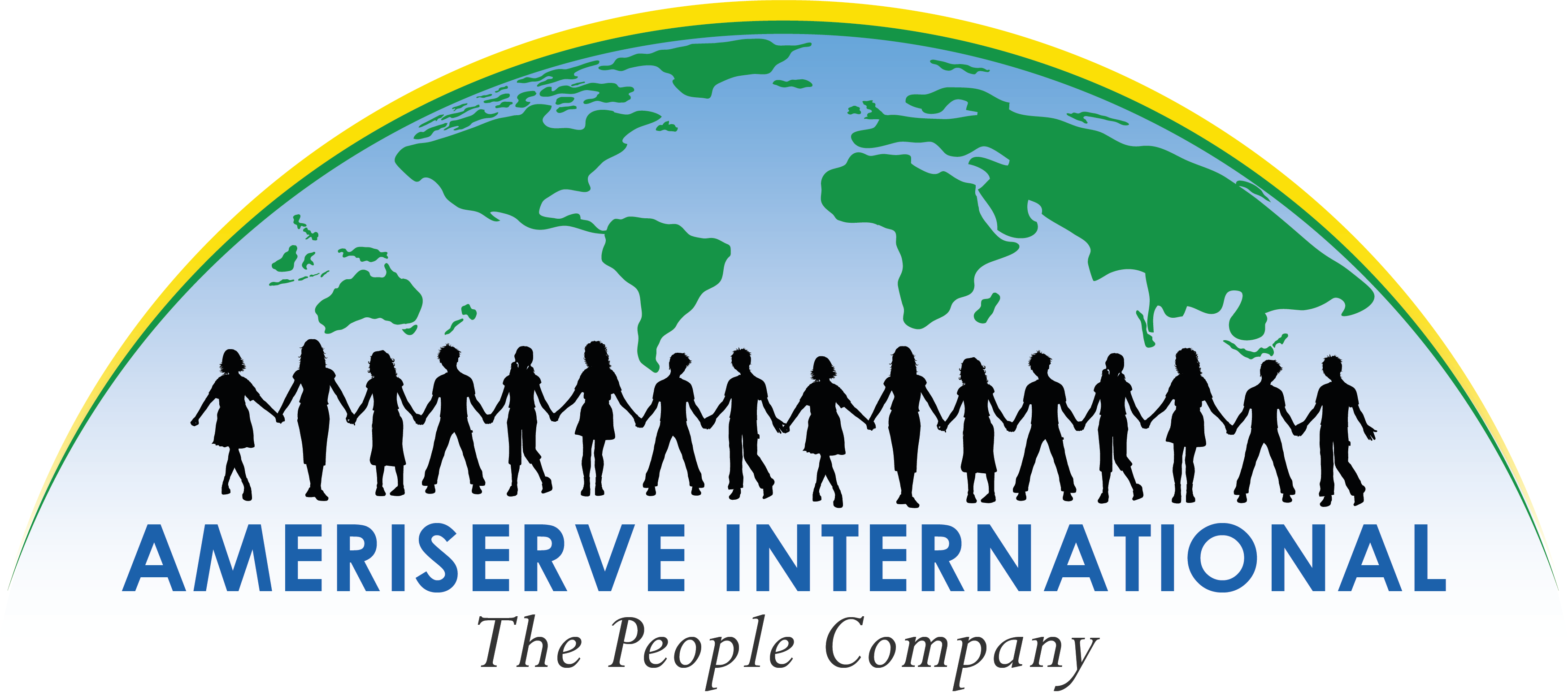Transitioning from School to Adult Services: A Comprehensive Guide
Learn how to navigate the transition from school to adult services for individuals with disabilities. Discover essential steps, tips, and resources to ensure a smooth transition.
Transitioning from school to adult services is a significant milestone for individuals with disabilities and their families. This period can be challenging, but with the right guidance and resources, it can also be an opportunity for growth and independence. This blog post will provide a comprehensive guide to help you navigate this transition smoothly and effectively.
Understanding the Transition Process
What Is the Transition from School to Adult Services? The transition process involves moving from a structured school environment to adult services, which can include higher education, employment, and independent living support. This shift aims to help individuals with disabilities achieve their personal and professional goals.
Why Is It Important? Proper planning and support during this transition are crucial for ensuring that individuals with disabilities can continue to thrive and develop their skills. It helps in fostering independence and improving quality of life.
Key Steps in the Transition Process
Early Planning Begin planning for the transition well before the individual turns 18. Early planning allows for a smoother transition and ensures that all necessary supports are in place.
Creating a Transition Plan Work with the school’s transition team to create a comprehensive transition plan. This plan should outline the individual’s goals, required supports, and the steps needed to achieve these goals.
Involving the Individual and Family Ensure that the individual and their family are actively involved in the transition planning process. Their input is vital in creating a plan that reflects the individual’s preferences and needs.
Educational and Vocational Training
Exploring Post-Secondary Education Options
- Community Colleges: Offer certificate programs and associate degrees that provide vocational training and job skills.
- Universities: Provide a broader range of academic programs and support services for students with disabilities.
Vocational Training Programs
- Supported Employment: Programs that help individuals with disabilities find and maintain employment.
- Job Readiness Training: Focuses on developing skills such as resume writing, interview techniques, and workplace etiquette.
Independent Living Skills
Daily Living Skills
- Personal Hygiene: Teaching the importance of grooming and personal care.
- Household Management: Skills such as cooking, cleaning, and organizing the home.
- Money Management: Budgeting, paying bills, and financial planning.
Transportation Training
- Public Transportation: Training on how to use buses, trains, and other public transport options.
- Driving Lessons: For those who are able to drive, providing driving lessons and support in obtaining a driver’s license.
Social and Community Integration
Building Social Skills
- Communication: Developing effective verbal and non-verbal communication skills.
- Building Relationships: Encouraging participation in social activities and fostering friendships.
Community Participation
- Volunteering: Opportunities to give back to the community and develop a sense of purpose.
- Recreational Activities: Participation in sports, arts, and other group activities that promote social interaction.
Healthcare and Support Services
Accessing Healthcare
- Regular Check-ups: Ensuring access to regular medical and dental care.
- Specialized Healthcare: Access to specialists for specific health needs related to disabilities.
Support Services
- Case Management: Coordinating services and supports to meet the individual’s needs.
- Counseling and Mental Health Services: Providing emotional support and mental health care.
Legal and Financial Considerations
Guardianship and Legal Rights
- Understanding Guardianship: Legal options for guardianship and alternatives that support independence.
- Legal Rights: Ensuring the individual understands their legal rights and how to advocate for themselves.
Financial Planning
- SSI and SSDI: Applying for Supplemental Security Income (SSI) and Social Security Disability Insurance (SSDI).
- Special Needs Trusts: Setting up trusts to manage financial resources without affecting eligibility for public benefits.
Creating a Support Network
Building a Team
- Family and Friends: Involving family members and friends who can provide support.
- Professional Support: Engaging with professionals such as case managers, therapists, and educators.
Joining Support Groups
- Parent Support Groups: Connecting with other parents of individuals with disabilities for mutual support and advice.
- Peer Support Groups: Encouraging individuals to join groups where they can share experiences and support each other.
FAQ
When should we start planning for the transition from school to adult services? It’s best to start planning as early as possible, ideally by the age of 14-16, to ensure a smooth transition and to have ample time to put necessary supports in place.
What should be included in a transition plan? A transition plan should include the individual’s goals, necessary supports, educational and vocational training options, independent living skills, healthcare needs, and social integration activities.
How can we find the right vocational training program? Research local programs, consult with the school’s transition team, and consider the individual’s interests and strengths to find a suitable vocational training program.
What are the benefits of supported employment? Supported employment helps individuals with disabilities find and maintain meaningful work, provides job coaching and support, and enhances independence and self-esteem.
How can we ensure our loved one has access to healthcare services? Work with healthcare providers to schedule regular check-ups, connect with specialists as needed, and ensure the individual has health insurance coverage.
What legal and financial considerations should we be aware of? Understand guardianship options, the individual’s legal rights, and financial planning tools such as SSI, SSDI, and special needs trusts to ensure financial stability and support.
Conclusion
Transitioning from school to adult services is a crucial step for individuals with disabilities and their families. With early planning, comprehensive support, and the right resources, this transition can be a positive and empowering experience. By focusing on education, vocational training, independent living skills, and community integration, you can help your loved one achieve greater independence and a higher quality of life.
